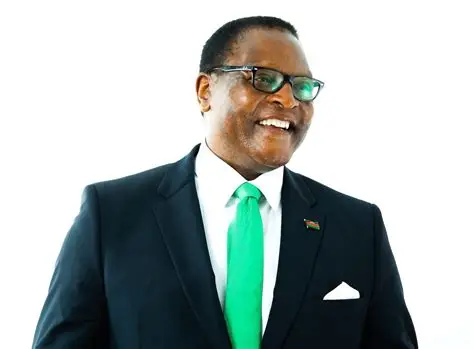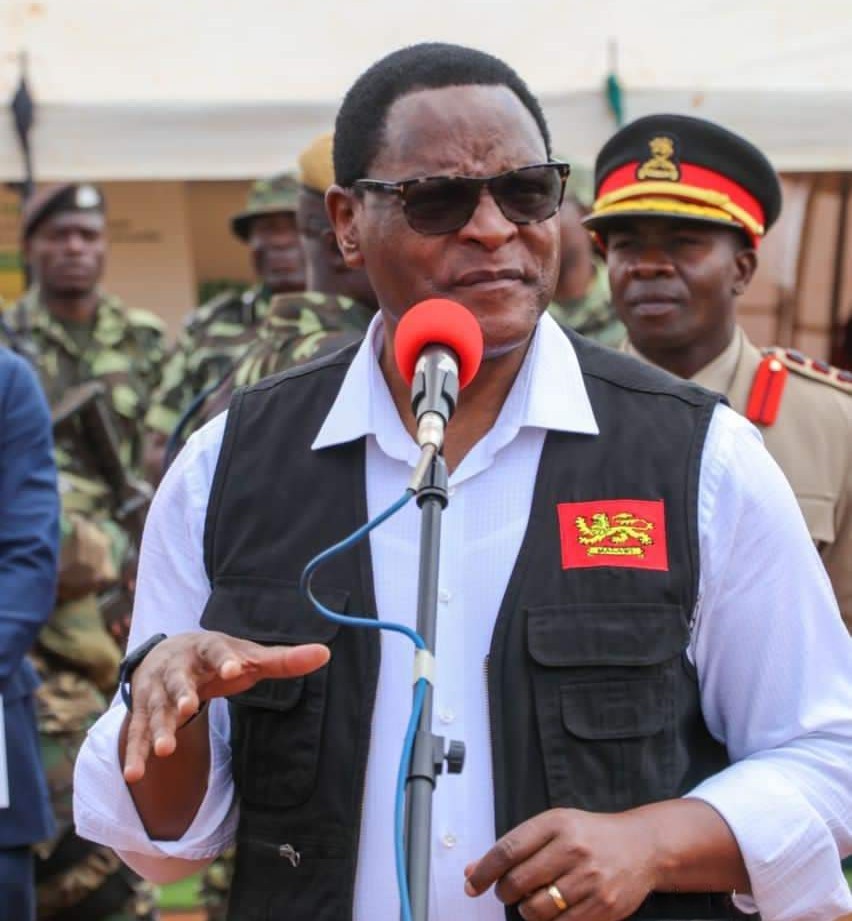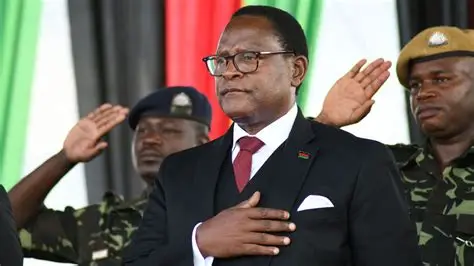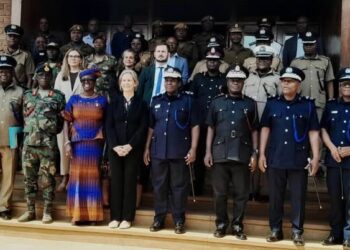In the shadowy corridors of Malawian politics, where loyalty is often rented by the hour and ambition has the lifespan of a cockroach under fluorescent light, one man has dared to lead with the scandalous notion that kindness is not weakness and that peace is not passivity. That man is Dr. Lazarus Chakwera Pastor-in-Chief, President of the Republic, and (to the horror of many) a man consistent to a fault.
As we march toward the 2025 elections, our besieged shepherd finds himself not just under fire from the usual opposition theatrics but from within his own party’s fold a political tent now so large it houses not just loyalists but looters, dreamers, schemers, and a few spiritual consultants doubling as shadow presidents.

Let’s be clear: Dr. Chakwera’s disposition is not accidental. When he launched his campaign recently, he did not promise vengeance, vengeance, and a new bypass in between. He offered peace again. He doubled down on that now dangerously unfashionable currency called integrity. He spoke of vision. Meanwhile, the country’s elite bloated on the meat of the status quo – gnawed their teeth in anguish. “Here comes the preacher again, talking about purpose when we’re trying to secure procurement deals.”
His critics, now many and loud, accuse him of hiding behind eloquence. “He’s all speech and no action,” they cry. But perhaps the real complaint is that Chakwera’s speeches have become mirrors reflecting not his shortcomings, but theirs. That his consistency in preaching governance and accountability exposes the inconsistency of those who claim to serve but only seek to survive.
Take, for instance, the civil service. Previous regimes treated it like a discount buffet at a tribal feast. Every loyal uncle and cousin-in-law was guaranteed a plate. Chakwera, scandalously, chose not to fire these partisan relics. He asked them to do their jobs. Imagine! A leader asking public servants to serve the public regardless of their party regalia? Madness.
He believed, and still believes, that systems are greater than slogans. That institutions should outlast party manifestos. But in Malawi, where sabotage is a national sport and progress is often treated like an unwanted guest, such faith in principle has been met with institutional sabotage. Civil servants, more blue than neutral, continue to leak, stall, frustrate, and undermine. Yet Chakwera insists that civil service reform must not become civil service revenge.
Internally, the party is fast resembling a Game of Thrones reenactment. As MCP jostles and whispers about 2030, some seem determined to skip 2025 altogether a minor inconvenience, apparently. There are said to be four factions with Chamwendo overambitious flank causing chaos. And somewhere in the middle lonely, unmoved, and still quoting scripture stands the President. Behind him, the disciplined cadres, now fewer in number but firmer in conviction.
Of course, this isn’t new. It is the curse of liberation parties everywhere. The ANC had its Nkandla. MCP has its Chimwendos in disguise. And yet, as with all liberation movements, survival depends not on the noise of camps but on the discipline of loyalists. The party, not the individual, must prevail.

Dr. Chakwera’s “weakness,” then, is a strength too subtle for the impatient and too sacrificial for the self-serving. He is a leader who doesn’t beat his chest but bears his cross. One who believes that power wielded with morality is mightier than power wielded with malice.
So yes, Chakwera has been under siege , not just by external enemies, but by internal opportunists and a public addicted to quick fixes. But if Malawi is to mature politically, we must ask: what kind of leader do we want? One who rules with the fist or one who reasons with the heart?
Perhaps, just perhaps, the fatherly figure who refused to burn the house to silence the noise may be the very kind of leader this fragile house needs.
After all, it’s easy to bludgeon dissenters. It’s harder to build a democracy that can withstand them.







